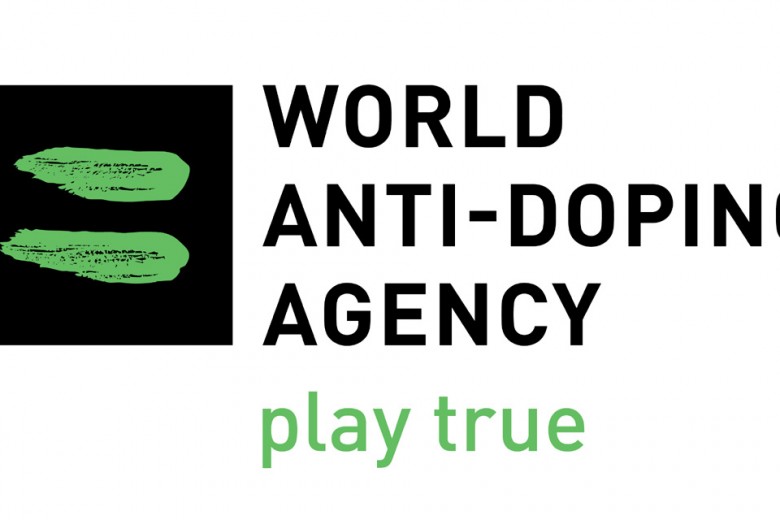The World Anti-Doping Agency (WADA) continues its crackdown on anti-doping laboratories, with the Madrid, Spain lab becoming the 5th lab to have its accreditation suspended in less than a year.
WADA announced the move in a press release Monday, saying the suspension was “a direct result of WADA Foundation Board’s 19 March decision to declare the Spanish Anti-Doping Agency (AEPSAD) non-compliant.”
When WADA suspends a lab, that lab is no longer able to perform any WADA-related anti-doping tests. The lab then has a set period of time to raise its standards and regain its WADA accreditation.
That’s the fifth lab to have its accreditation suspended since last November. Here’s a look at the timeline of the other 4 labs:
- Moscow, Russia: this lab was suspended in November, when a major report alleged massive state-run doping within Russian athletics. The Moscow lab eventually hit the next step in WADA’s process in April, with its accreditation getting fully revoked.
- At the same time as Russia full lost its accreditation, the lab in Lisbon, Portugal has its status suspended.
- Less than a week later, WADA suspended the lab in Beijing, China.
- Then in early May, the lab in Bloemfontein, South Africa – the only accredited lab in the entire continent – had its accreditation suspended.
Here is the full WADA press release announcing the Madrid suspension:
WADA has suspended the accreditation of the Laboratorio de Control de Dopaje (Laboratory) in Madrid, Spain. The decision, taken by WADA’s President, is a direct result of the WADA Foundation Board’s 19 March decision to declare the Spanish Anti-Doping Agency (AEPSAD) non-compliant.
The suspension, which takes effect immediately, prohibits the Laboratory from carrying out any WADA-related anti-doping activities including all analyses of urine and blood samples.
Pursuant to Article 4.4 of the International Standard for Laboratories (ISL), in order for a laboratory to maintain its accreditation status, the NADO of the country of the laboratory must be Code compliant, as determined by WADA. However, following a revision to ISL rules effective 2 June 2016, WADA may decide not to suspend a laboratory’s accreditation in a case of non-compliance of that country’s NADO if, in the year before the declaration of non-compliance, at least 60% of samples analyzed by that laboratory were provided by Anti-Doping Organizations other than the NADO of the country’s laboratory.
In light of the fact that, between 19 March 2015 and 19 March 2016, 69% of the samples analyzed by the Laboratory were received from AEPSAD, the above-mentioned exception provided for in the ISL does not apply and the Laboratory’s accreditation must be suspended until AEPSAD is declared compliant. Pursuant to Article 13.7 of the World Anti-Doping Code (Code), the Laboratory may appeal this decision to the Court of Arbitration for Sport within 21 days of receipt of notice.
It is also important to note that, in light of the above, Spain’s other laboratory in Barcelona (Fundació Institut Mar D’Investigacions Mèdiques – IMIM) has maintained its accreditation.
